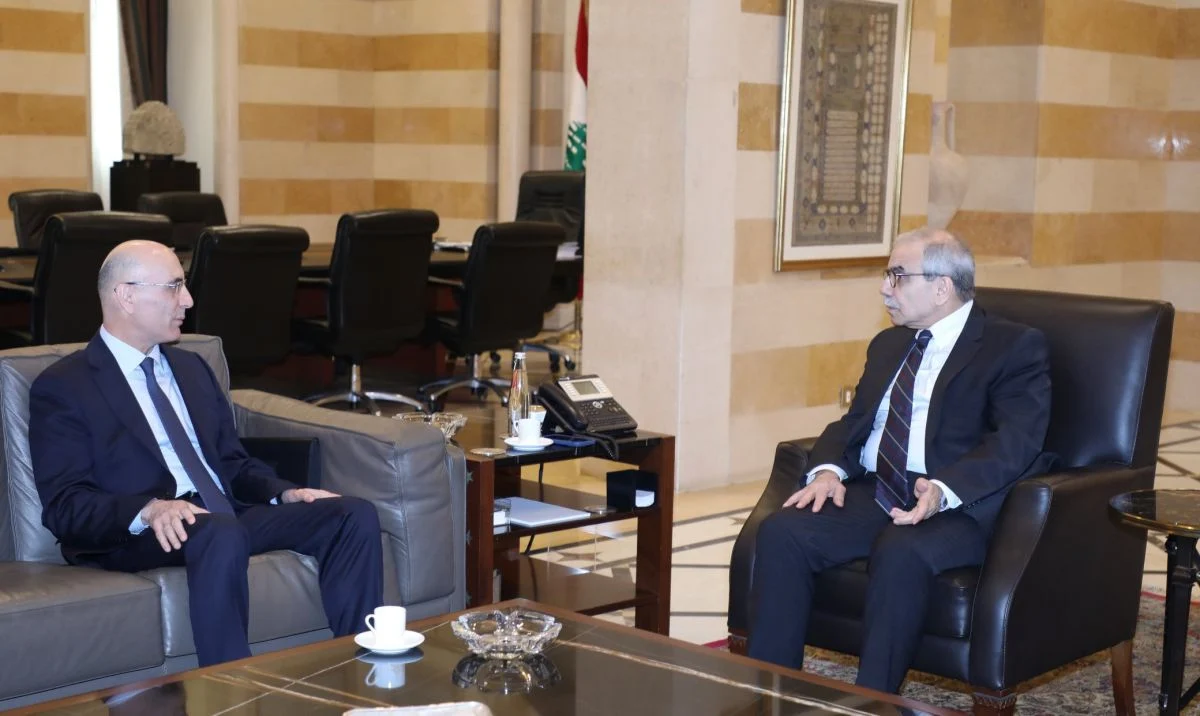Amid preparations for local elections across Lebanon, Lebanese Prime Minister Nawaf Salam and Minister of Interior and Municipalities Ahmad Hajjar launched the Central Operations Room yesterday in the Martyr Major General Wissam al-Hassan hall at the Ministry of Interior.
The first region to host municipal elections in Lebanon will be Mount Lebanon, set on May 4. North Lebanon and Akkar will host elections the week after on May 11, while Beirut, the Bekaa and Baalbek-Hermel will host elections on May 18. The last two regions to host elections will be South Lebanon and Nabatieh, set on May 25.
The elections come at a critical time for Lebanon, a country reeling from back-to-back crises and the recent conflict. Local service provision, infrastructure and overall development prospects have witnessed significant deterioration, especially as municipal elections were postponed for two years in a row.
The performance of new municipal councils and mukhtars will be at the forefront of the government’s major tests. The formation of transparent, non-nepotistic and non-corrupt local governance structures remains pivotal amid plans for socioeconomic rejuvenation.
Calls for Youthful Elections
Salam called on young people to run and vote in the upcoming elections, elections which he said could help “revitalize the nation’s arteries” according to the National News Agency (NNA). On his part, Hajjar stressed the state cannot submit to the agenda of the Israeli enemy.
Hajjar’s comments come as a result of questions on the viability of local elections in Lebanon given recurrent Israeli strikes and the continued occupation of areas in Southern Lebanon. Hajjar affirmed that the elections will be held on schedule, according to the NNA article, and added that security preparations are underway across all Lebanese regions.
An Important Challenge for Lebanon’s Pro-Change Movement
Local elections are also set to be an important challenge for Lebanon’s pro-change movement, which became more prominent after the 2019 uprising. While pro-change groups were able to achieve a breakthrough in parliamentary elections, the country’s deteriorating socioeconomic conditions have led to widespread popular despair concerning the prospects of change.
Local elections in that sense, could play an important role in showcasing the importance of independent, competent authorities in handling local socioeconomic prospects.
Contrary to the role of parliamentarians, which is often legislative and influencing-based, local authorities have the added value of direct execution and quick, visible change, which is likely to have a unique impact on local citizens’ perspectives of authorities’ performance, and consequently, on the groups to which these authorities are affiliated to.


